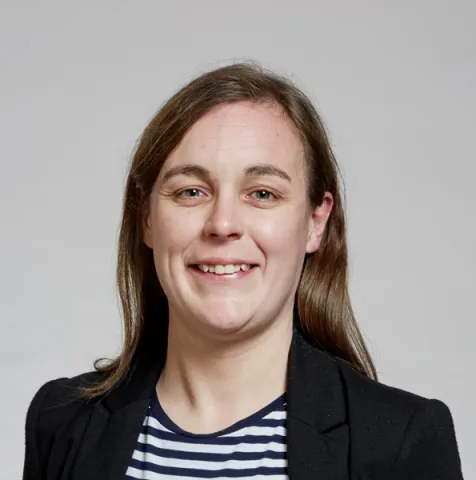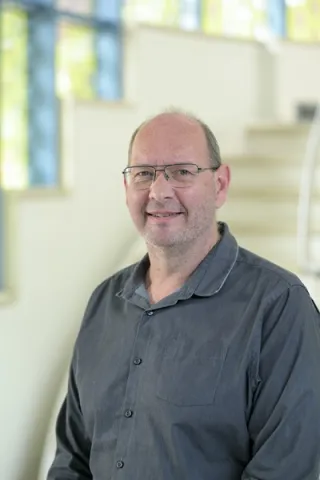About the project
Splice-switching oligonucleotides (SSOs) have recently emerged as powerful precision medicines for life-threatening diseases. SSOs bind to and re-direct mRNA processing, altering the production of disease-associated proteins.
SSOs can be designed for individual patients based on their genome and can be developed in a much shorter time frame than other classes of drugs. In 2018, the FDA approved the SSO drug Milasen for Batten disease. Milasen was the first ever personalised medicine designed for a single patient and was developed in ten months, setting a ground-breaking precedence that could revolutionise how genetic diseases are treated.
The aim of this project is to develop a new class of SSO analogues designed to:
- overcome existing limitations
- reduce the required dose
- decrease the likelihood of toxic side effects
Innovation in nucleic acid chemistry has been integral to the success of SSOs in the clinic. Chemical modifications protect the SSOs from rapid digestion in vivo as well as enhance their interaction with RNA. Despite this, SSOs have yet to reach their full potential due to challenges associated with efficacy, delivery, and toxicity.
You will develop new synthetic routes to prepare the SSO analogues, perform biophysical studies to investigate how well the new compounds interact with target RNA, and evaluate their biological activity in cell-based assays using clinically relevant disease models.
This is an interdisciplinary project, and you will receive training in a range of organic and chemical biology techniques. This is likely to include:
- synthetic organic chemistry
- solid-phase oligonucleotide and peptide synthesis
- biophysical and biochemical techniques
- biological assays in cell culture
You will have opportunities to attend relevant international conferences and training events.


